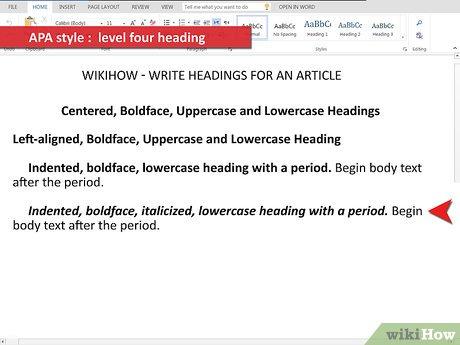Algeria Secures $3 Billion Financing from Islamic Development Bank to Accelerate Infrastructure Modernization
In a landmark financial agreement, Algeria has obtained a $3 billion loan from the Islamic Development Bank (IsDB) to significantly advance its infrastructure development agenda. This funding injection arrives at a critical juncture as Algeria intensifies efforts to upgrade its transportation networks, energy systems, healthcare facilities, and educational institutions. The initiative aligns with the country’s broader strategy to diversify its economy beyond hydrocarbons and attract increased foreign direct investment (FDI), thereby fostering long-term economic resilience.
Comprehensive Infrastructure Enhancement: Key Areas of Investment
The partnership between Algeria and the IsDB is set to catalyze transformative projects across multiple sectors. The government plans to channel these funds into:
- Road network expansion: Enhancing connectivity between urban centers and rural areas to reduce logistics costs and improve trade efficiency.
- Public transit modernization: Upgrading bus fleets, rail systems, and metro lines for greater accessibility and reduced environmental impact.
- Sustainable energy initiatives: Investing in solar farms, wind power plants, and other renewable sources as part of Algeria’s commitment to green growth.
- Urban infrastructure development: Building smart city components including water management systems, waste treatment facilities, and affordable housing projects tailored for growing populations.
The Algerian government emphasizes transparency in fund allocation with ongoing consultations aimed at prioritizing projects that promise maximum socio-economic returns. Detailed project timelines are expected within the next quarter as implementation strategies take shape.
The Broader Economic Impact: Catalyzing Growth Through Strategic Infrastructure Investment
This substantial financing deal represents more than just capital inflow; it embodies a strategic pivot towards sustainable economic diversification. By reducing dependency on oil revenues‚ÄĒwhich currently account for approximately 60% of national income‚ÄĒAlgeria aims to stimulate sectors that can generate stable employment opportunities while enhancing public service delivery.
The anticipated benefits include:
- Employment generation: Infrastructure projects are projected to create tens of thousands of jobs over the next five years across construction, engineering, technology services, and maintenance roles.
- An improved investment climate: Modernized infrastructure will make Algeria more attractive for multinational corporations seeking reliable logistics hubs within North Africa.
- Sustainability alignment: Emphasizing renewable energy investments supports global climate commitments such as those outlined in the Paris Agreement while promoting local environmental stewardship.
| Year | Total Infrastructure Investment (USD) | # Jobs Created (Estimate) | Economic Growth Rate Projection (%) |
|---|---|---|---|
| 2024 | $520 million | 11,000+ | 3.6% |
| 2025 | $850 million | 16,500 | 4.1% |
| 2026 | $1.05 billion | 21 ,500 | 4 .7 % |







